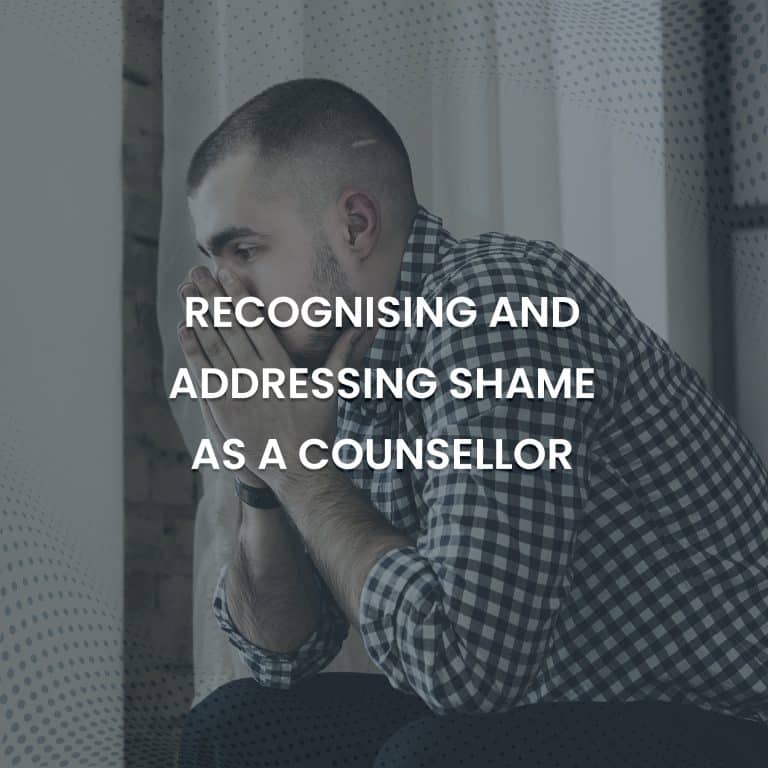
If you are unsure about the difference between a counsellor and a therapist, you’re not the first or the last. Here the main differences will be highlighted between the two and in the process, it will tell you more about counselling and the nature of the counsellor-client relationship.
Counselling and psychotherapy both fall into helping services, which is a term used to define services and organisations that provide advice and assistance to help people live and lead healthy and safe lives. However, counsellors differ from other helping services such as psychotherapists and psychologists.
A counsellor is a trained professional who helps and enables clients to work through the issues they are facing through self-understanding and supports them to make positive changes in their lives. The counsellor allows this to happen by establishing a rapport with the client based on trust, respect and demonstrating empathy.
While it is true that the roles of a counsellor and a therapist are connected, they are different on various levels. Counsellors, within the helping services, generally utilise humanistic approaches and specialise in certain areas where their knowledge and methods are required, such as grief, bereavement, marital issues or addiction. The counselling is generally short-term with a focus on the identification and implementation of solutions to current or past issues. In contrast, psychotherapists use long-term processes that focus more on long-standing behaviours, feelings and thoughts that are having a significant impact on a person’s quality of life.
Psychotherapy also differs from counselling by being more concerned about restructuring an individual’s personality, helping develop deep insight and bring about more profound changes. Both psychotherapists and counsellors work with a range of clients, but psychotherapists can work with more serious mental health issues and will work to resolve them with the client over a longer time period.
When building a relationship with the client, counsellors will use the person-centred approach where one the of the conditions to establish an effective relationship with the client is genuineness/congruence. This means that a counsellor can respond to the client with a higher level of humanity and caring than therapists, who usually reveal little about themselves.










